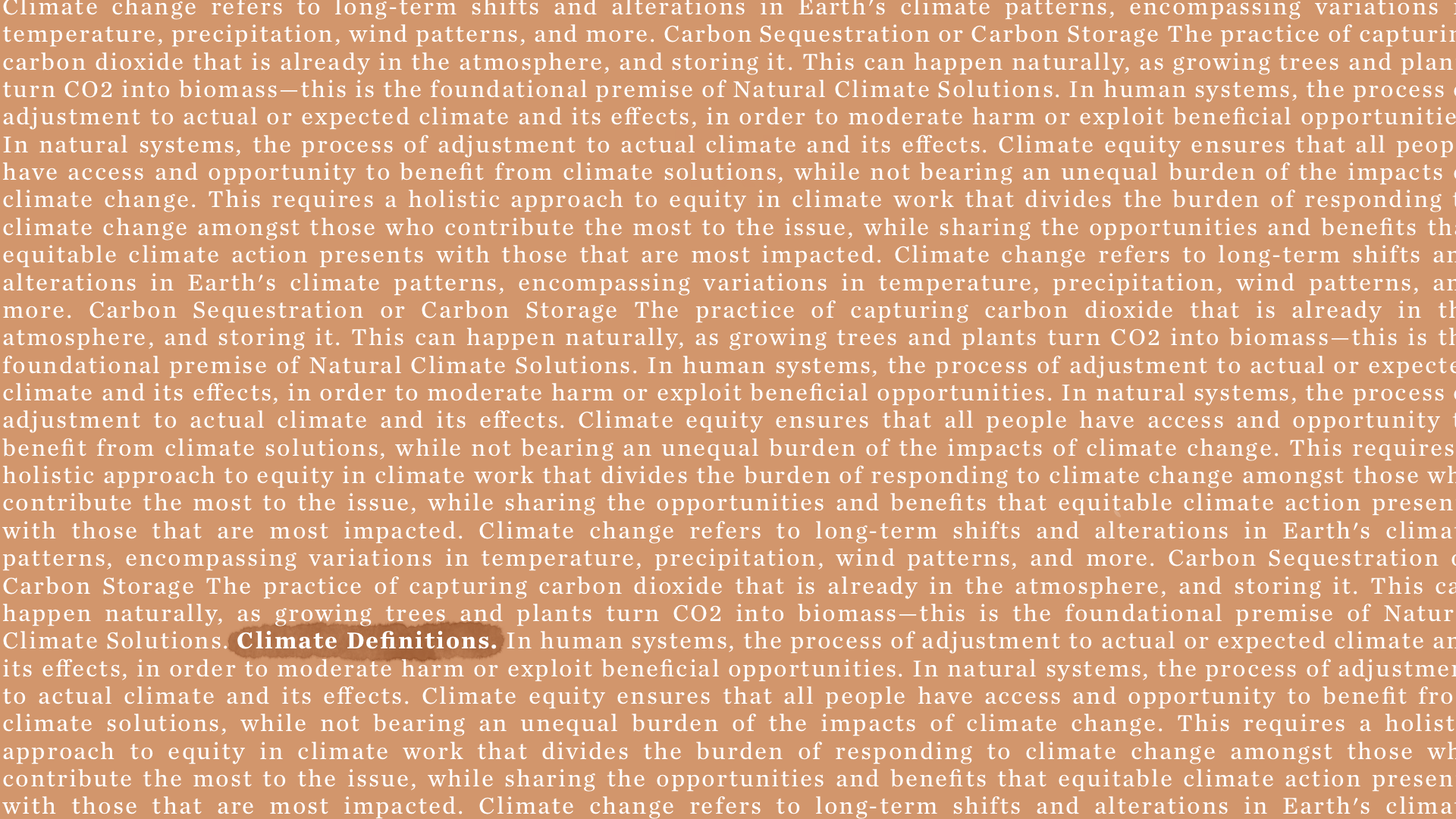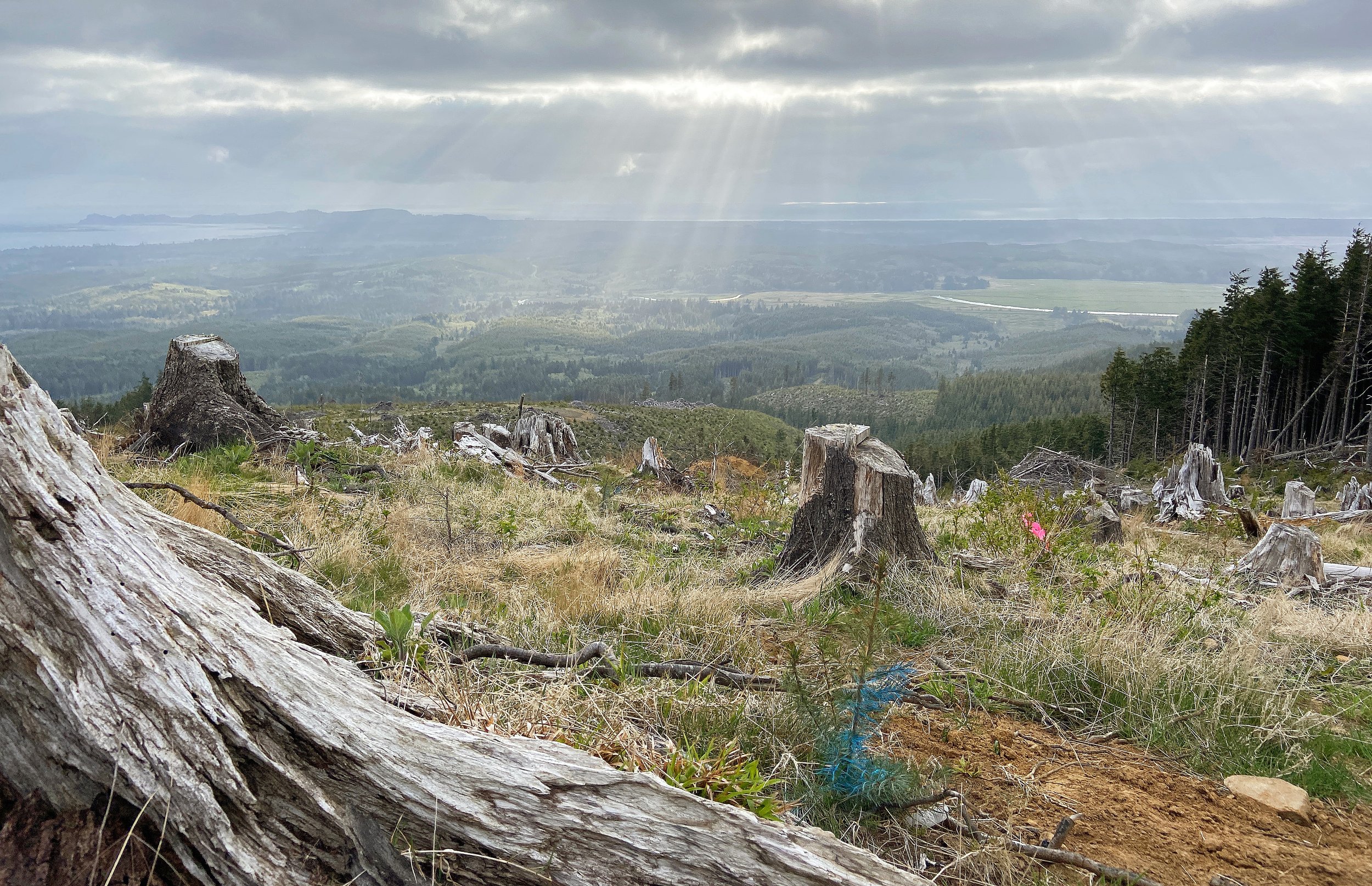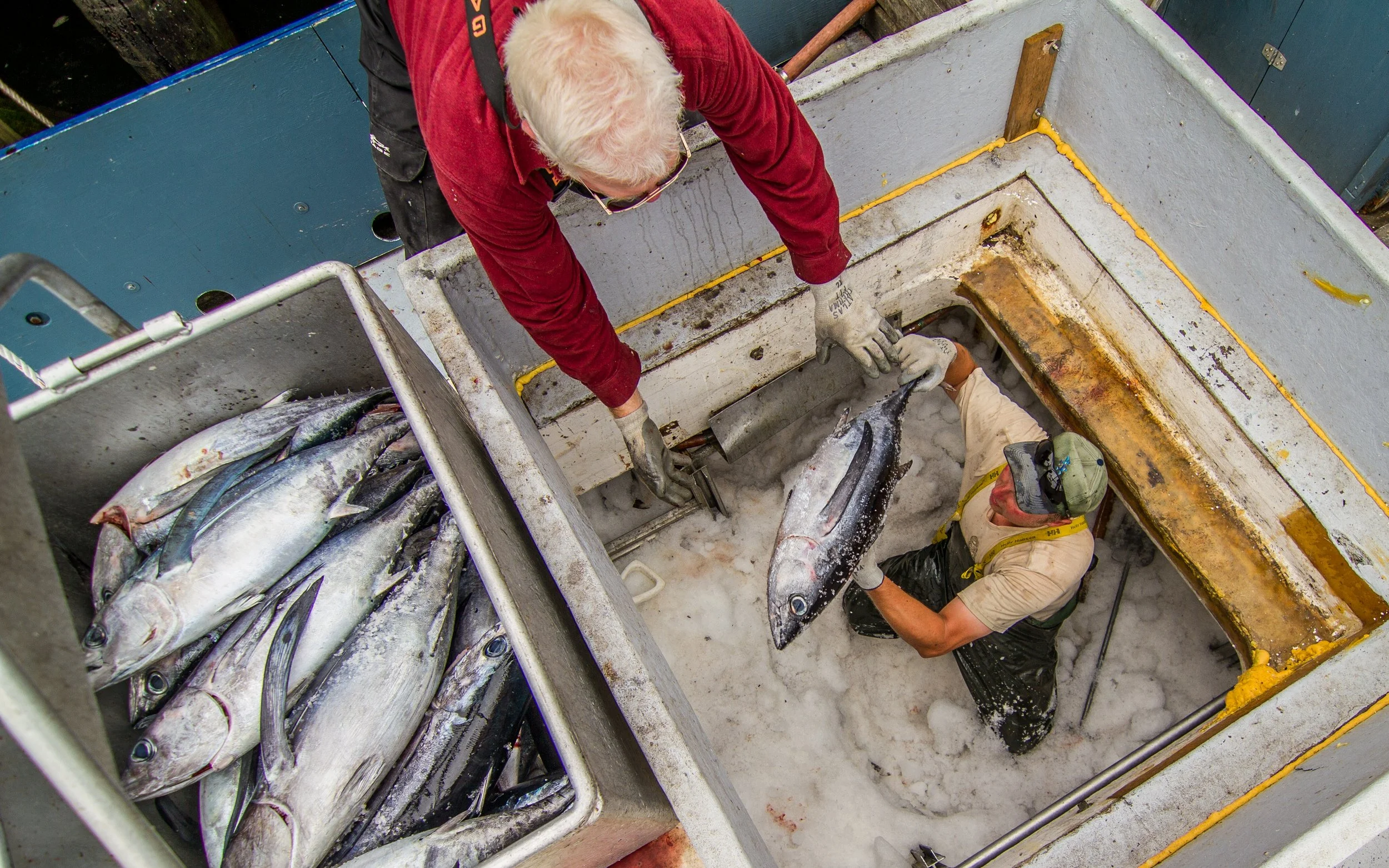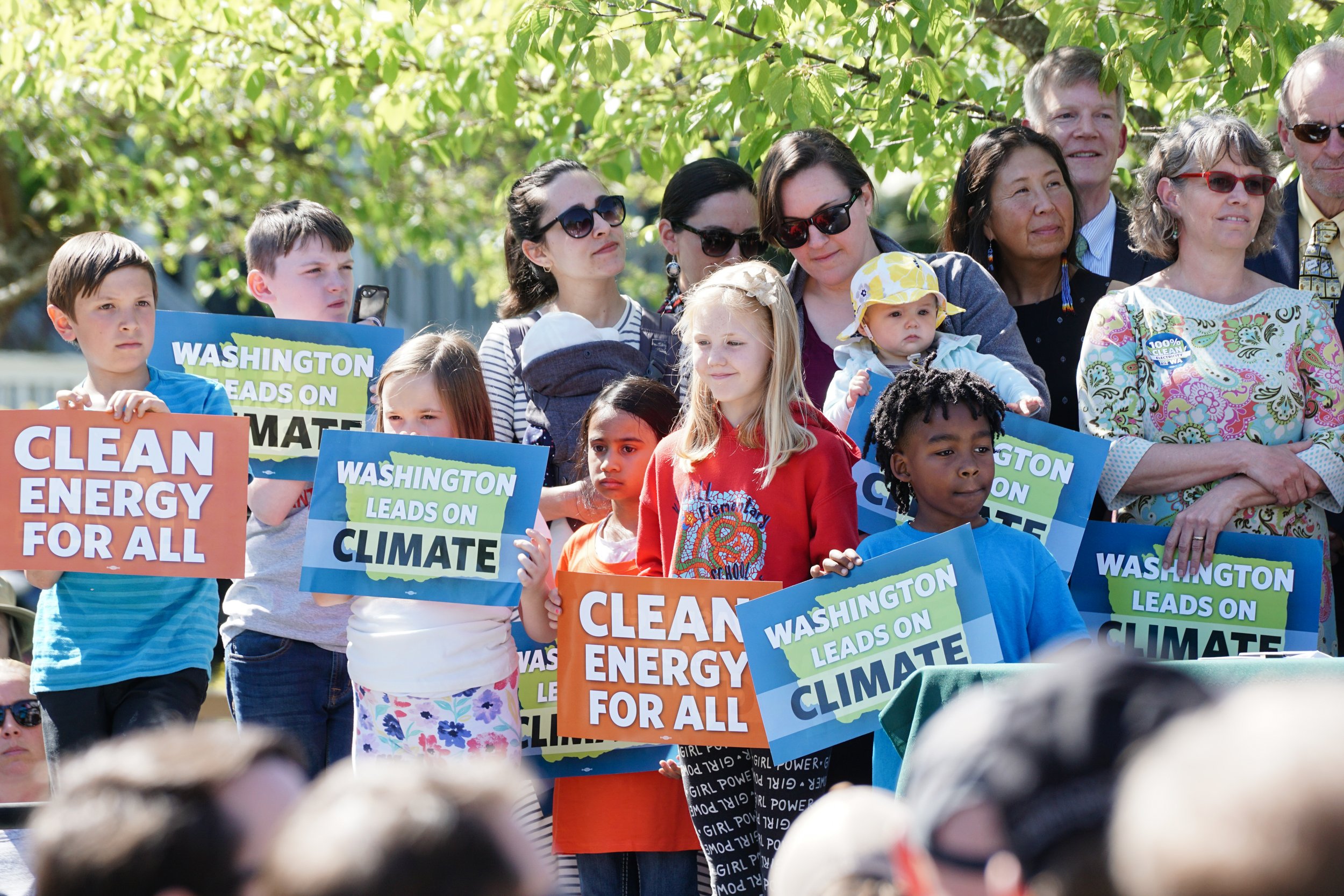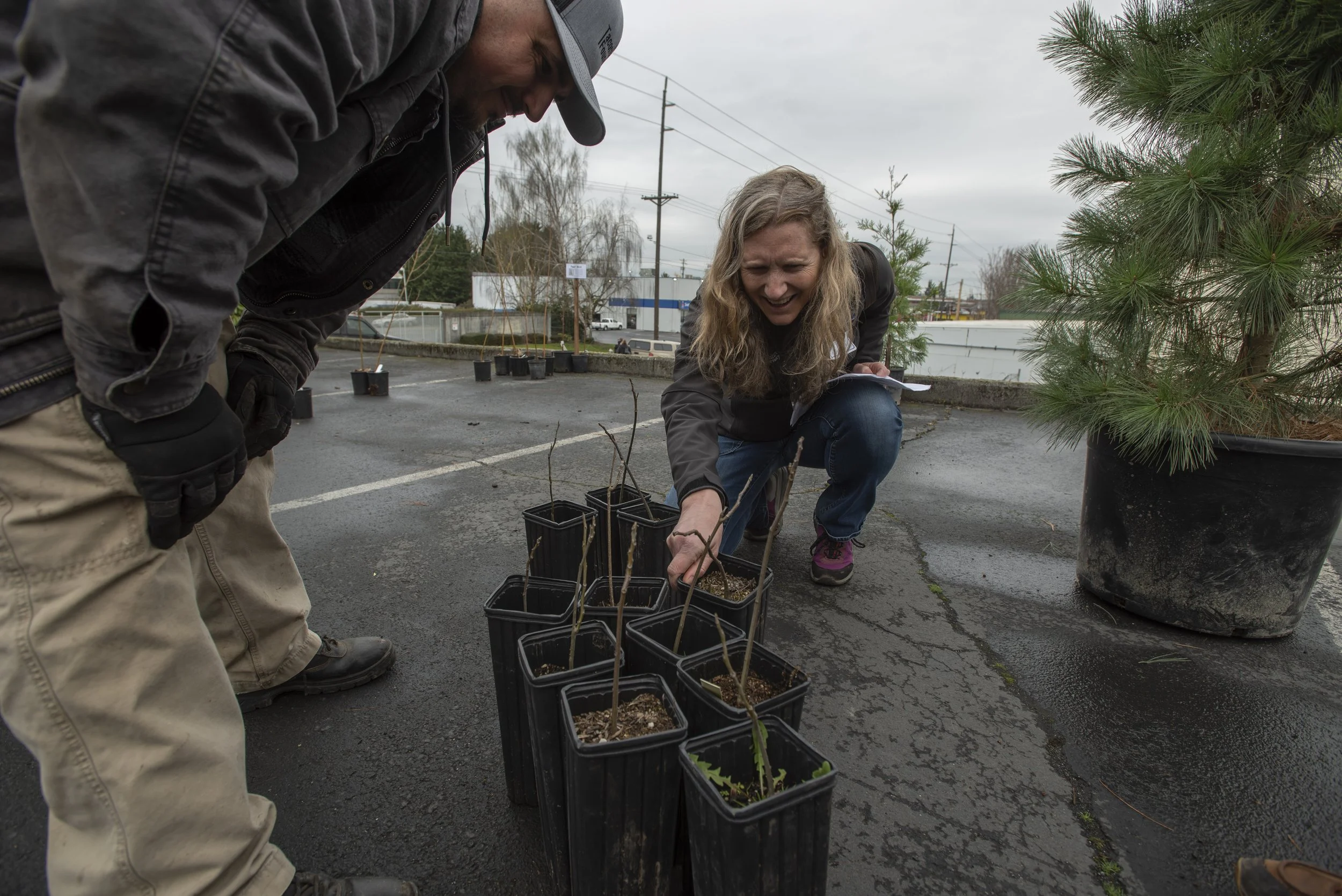Bezos Earth Fund gift of $100 million to The Nature Conservancy for nature-based climate solutions includes $20 million to support Indigenous-led conservation and carbon sequestration through our Emerald Edge program. The rainforests of the Emerald Edge harbor globally significant biodiversity and carbon stores. The average annual rainfall of more than 115 inches results in large, long-lived trees which are not affected by the pests and fires of many forests in Western North American.
Climate Change Policy Clears State Senate Committee
There’s Hope In Light of Climate Change: It’s You!
A Path Forward on Carbon
Written By Mo McBroom, Government Relations Director for The Nature Conservancy Washington Chapter. Photographed by John Marshall
The people of Washington want to act on climate
Washington voters overwhelmingly understand that climate change is affecting us now and want our state to take action to reduce the carbon pollution that causes climate change.
A post-election poll commissioned by The Nature Conservancy and partners found that four-in-five voters think climate change is happening; more than three-in-five attribute it primarily to human activities; and a consistent one-half of Washington voters think climate change will cause them at least moderate personal harm.
Although Initiative 732 did not pass, Washington voters clearly have an appetite for state-level action to address carbon pollution. Over two-thirds of Washington voters support climate action at the state level – nearly half “strongly support” it.
We must come together to craft smart climate policy that protects our natural resources and works for all of Washington.
Even those who opposed I-732 still want the state to take action on climate. In response to a direct question about I-732, 38 percent characterized the measure as an important step forward in fighting climate change; while nearly three in ten said it was too flawed – but that they support action on climate change. Taken together, this demonstrates the broad appeal of state-level climate action, despite the results of the I-732 vote.
Washington voters also agreed that they want revenue generated by any carbon-pricing measure to be spent on protecting our natural resources like clean water and healthy forests, to help mitigate the impacts of climate change.
The survey showed that 73 percent of voters thought it was either Extremely or Very Important to prevent pollution of rivers, lakes and streams, including Puget Sound. And 56 percent said it was Extremely or Very Important to restore forest health to reduce wildfires.
The poll was conducted by the bipartisan polling team of FM3 Research (D) and Moore Information (R). They interviewed Washington voters who participated in the November 2016 election to examine their perceptions of I-732 and appetite for future state action on climate change.
So where do we go from here?
The Nature Conservancy is committed to working with every community in Washington that wants to take action on climate change. We will continue our efforts to craft and champion smart carbon policy with a wide and varied coalition of voices, including business interests, health, social justice, labor, faith and environmental groups.
By developing a comprehensive and broadly supportive climate policy, Washington can lead the nation, protect our natural environment and our way of life, and create a prosperous economy for our businesses and our families.
We define success as a carbon-pricing policy that significantly drives down emissions over time and invests in clean energy and natural infrastructure to prepare our communities for the future.










